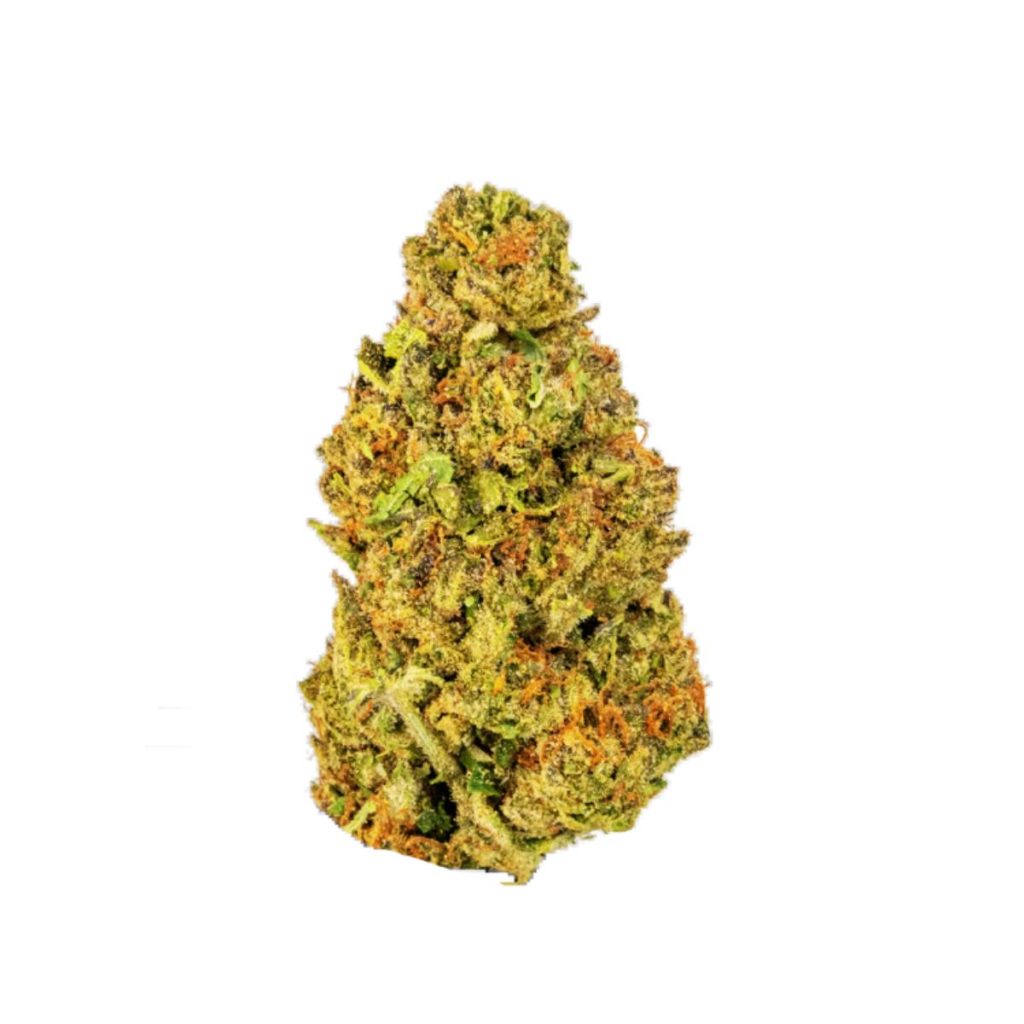Cannabis has gained considerable attention in recent years, not just for recreational use but more importantly for its potential medical applications. One of the cannabinoids drawing growing interest is tetrahydrocannabinolic acid THCA. Unlike its well-known counterpart THC, THCA is non-psychoactive in its raw form. Found predominantly in freshly harvested cannabis flowers, THCA is the precursor to THC, and only converts into the psychoactive compound when heated through a process called decarboxylation. This unique characteristic opens the door for a range of therapeutic possibilities without the mind-altering effects that THC brings. THCA flower cannabis is rich in cannabinoids and terpenes that contribute to its potential medicinal value. The plant in its raw form offers anti-inflammatory, anti-nausea, and neuroprotective properties, making it an intriguing option for patients dealing with chronic pain, inflammation, and neurodegenerative diseases. For instance, patients suffering from conditions such as arthritis or fibromyalgia could benefit from THCA’s ability to reduce inflammation without the risks associated with long-term NSAID use. Similarly, THCA’s neuroprotective properties may help slow the progression of conditions like multiple sclerosis or Parkinson’s disease, offering a natural alternative to conventional treatments that often come with significant side effects.
 One of the significant advantages of highest thca flower over THC is the absence of psychoactivity. For patients who seek the medicinal benefits of cannabis but do not wish to experience the high commonly associated with THC, THCA flower offers a safer and more palatable option. This is particularly important for individuals who need to maintain mental clarity while managing symptoms such as pain, nausea, or anxiety. Additionally, the non-psychoactive nature of THCA makes it a suitable option for children or elderly patients who might be sensitive to THC’s psychoactive effects. Another area where THCA has shown potential is in its anti-emetic or anti-nausea properties, making it useful for patients undergoing treatments like chemotherapy. These treatments often come with debilitating side effects, including severe nausea and vomiting. Traditional anti-nausea medications may not work for everyone and can have undesirable side effects. THCA, on the other hand, offers a natural alternative that may be effective in reducing nausea without compromising overall well-being.
One of the significant advantages of highest thca flower over THC is the absence of psychoactivity. For patients who seek the medicinal benefits of cannabis but do not wish to experience the high commonly associated with THC, THCA flower offers a safer and more palatable option. This is particularly important for individuals who need to maintain mental clarity while managing symptoms such as pain, nausea, or anxiety. Additionally, the non-psychoactive nature of THCA makes it a suitable option for children or elderly patients who might be sensitive to THC’s psychoactive effects. Another area where THCA has shown potential is in its anti-emetic or anti-nausea properties, making it useful for patients undergoing treatments like chemotherapy. These treatments often come with debilitating side effects, including severe nausea and vomiting. Traditional anti-nausea medications may not work for everyone and can have undesirable side effects. THCA, on the other hand, offers a natural alternative that may be effective in reducing nausea without compromising overall well-being.
In addition to its anti-inflammatory and neuroprotective effects, THCA may also have potential benefits for people with mood disorders such as depression or anxiety. Preliminary research suggests that THCA interacts with the body’s endocannabinoid system, which plays a role in regulating mood, appetite, and stress responses. By modulating these systems, THCA could potentially offer a more balanced, natural approach to managing emotional and psychological well-being without the need for synthetic pharmaceuticals. Though research on THCA is still in its early stages, anecdotal evidence and emerging studies suggest that THCA flower cannabis could be a versatile and effective option for a variety of medical conditions. As more is discovered about this cannabinoid, it is likely that THCA will continue to play a vital role in the expanding field of medical cannabis. For patients looking for a natural, non-psychoactive treatment, THCA offers hope and an alternative path to healing.
